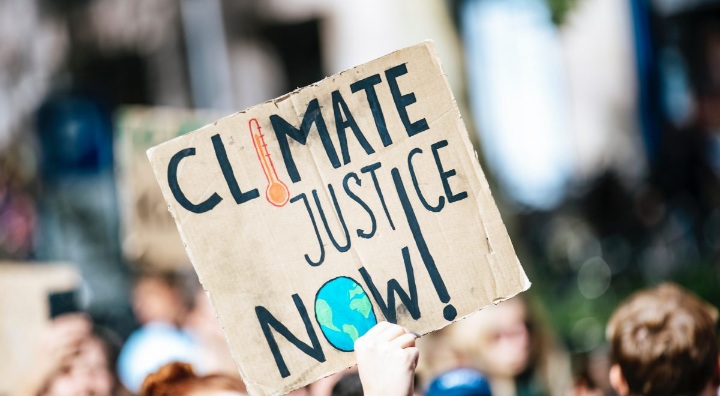African grassroots movements call for climate justice, end to exploitation ahead of COP30
Over 100 representatives from 20 African countries — including indigenous groups, farmers, youth, women, and civil society — have issued a powerful call for climate justice and an end to extractivism at the Second African People’s Counter-COP (APCC), held in Cotonou, Benin.
In a statement shared by the Organisation, it stated the African Climate Justice Collective (ACJC) organised the counter COP themed “African-Led Pathways to Climate Justice and System Change: Reclaiming Futures Beyond Extractivism.”
The statement noted that the gathering served as a direct counterpoint to the United Nations Framework Convention on Climate Change (UNFCCC) process.
Participants accused the global climate system of being dominated by capitalist and northern interests that continue to exploit Africa’s resources while marginalising its people.
Rumbidzai Mpahlo, coordinator of the ACJC said “The climate crisis ravaging Africa is not our fault; it is a reflection of the debt owed by the Global North.
“While we contribute minimal emissions, we endure maximum suffering. This Declaration represents our unified demand to dismantle exploitative power and reclaim our future ahead of COP30.”
From the drought-ravaged farmlands of the Sahel to the eroding coastlines of Ouidah, delegates voiced anger over what they called “climate colonialism” — the continued extraction of Africa’s natural wealth to fuel the industrial economies of the Global North.
Africa’s Non-Negotiable Demands
The APCC Declaration outlined nine key demands that African movements say must guide global climate action: Pay the Climate Debt, End Extractivism, Reject False Solutions, Right to Say No, Reform Climate Finance, Promote Food Sovereignty, Stop Waste Colonialism, Energy Sovereignty and Protect Climate Refugees.
Read also: Kanu: Police teargas BusinessDay journalists as protest grounds Abuja businesses
As the world prepares for COP30 in Belém, Brazil, the ACJC urged African governments to back the Declaration and assert true climate sovereignty. The movement insists that justice, reparations, and systemic change — not market-based solutions — are the only legitimate pathways forward.
“Africa’s climate struggle is not a plea — it is a demand for justice,” Mpahlo said.
The ACJC called on the media, policymakers, and global civil society to amplify the APCC Declaration as the continent’s authentic voice for climate and ecological justice.

